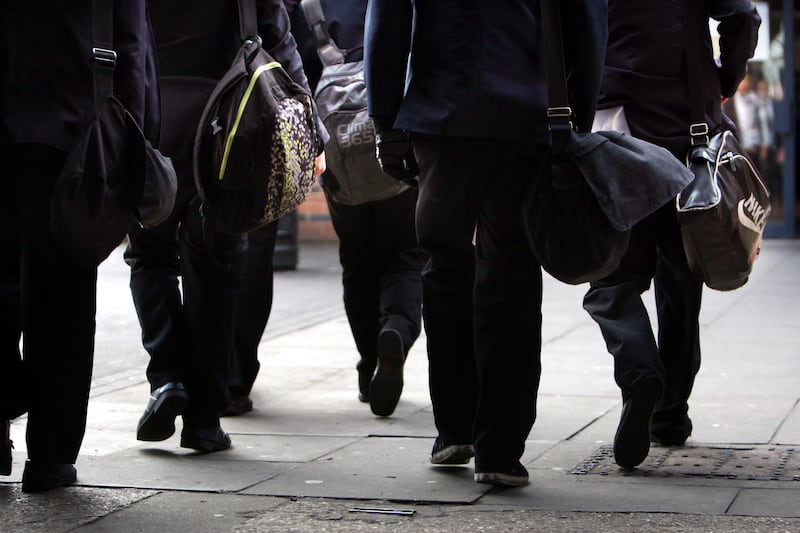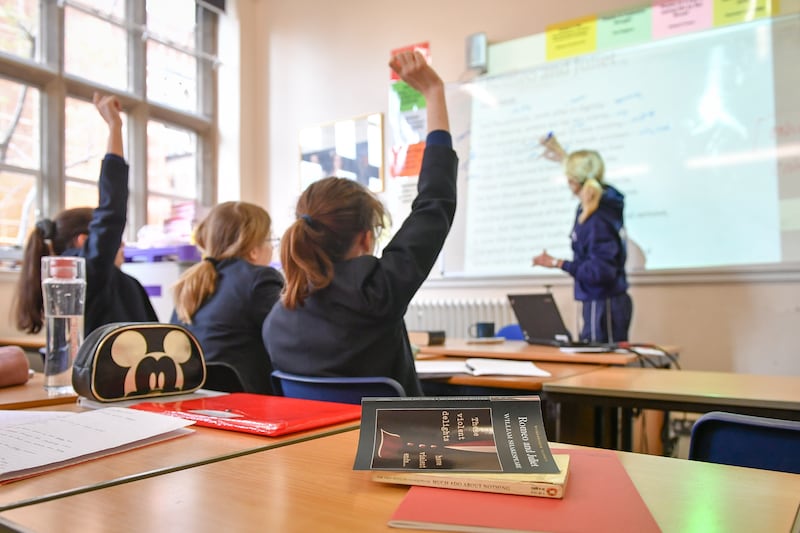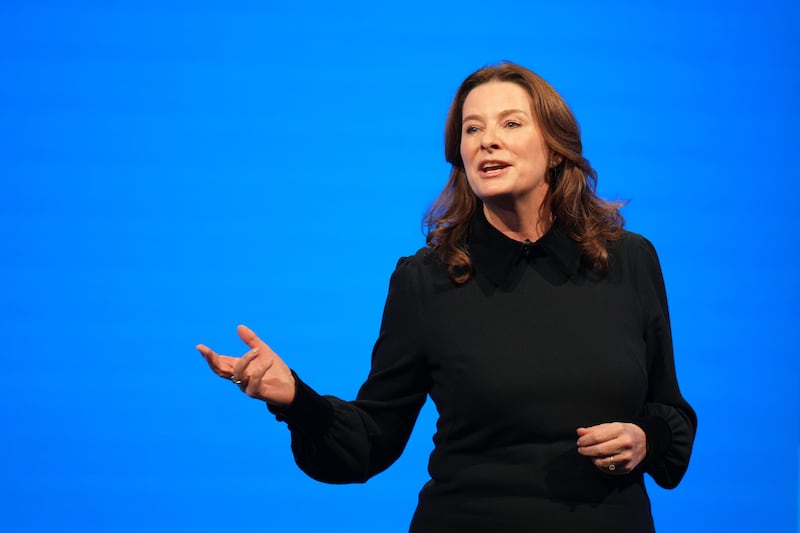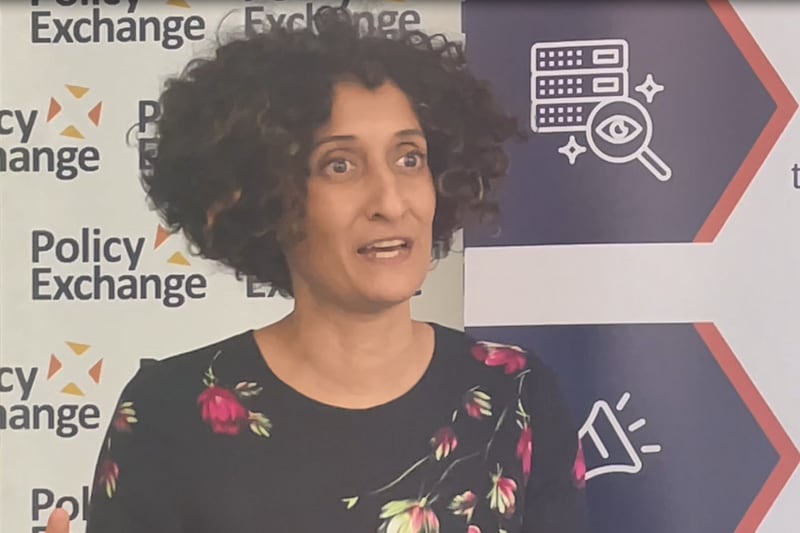My family stumbled on an early solution to the issue of Christian indoctrination in schools.
Thanks to misunderstanding a sermon by a visiting minister, my three-year-old daughter would shout “He’s dead! He’s dead!” whenever Jesus was mentioned, causing the rest of her nursery class to burst into tears.
This put quite a dampener on religious instruction, apparently. It also caused the seriousness my wife and I had planned on the question to dissolve in a fit of the giggles. Born and bred atheists, we had intended to formally opt our children out of RE and assembly but this soon slipped into occasional objections, ad hoc arrangements and eventually just to telling all three of our kids to sit through whatever they had to while being under no obligation to believe a word of it.
The alternative was to sit in the corridor during assembly, or the office during RE, or the dining hall during practice for nativity. No alternative provisions were made, we were left in no doubt even this was a nuisance and we could not bear our children being singled out for passive punishment.
So I am watching with great interest a judicial review brought by another Belfast family against the Department of Education, challenging alleged “proselytising” at their daughter’s primary school.
The family’s lawyers say they have no objection to Christianity being taught or to it having “the lion’s share” of RE time, given its status in Northern Ireland. They are specifically not seeking a secular system or claiming the school is acting outside the law, which requires “undenominational religious instruction and collective worship”. Their objection, made under the Human Rights Act, is that Christianity is “in practice the exclusive form of religious education in controlled primary schools” and this education seeks “to promote and encourage in children Christian practice and Christian belief”, with no meaningful provision for other faiths or none.
A secular, integrated system in Northern Ireland is a pipe dream but a judge ordering state schools to curtail proselytising is a realistic expectation. Parents might even be able to push schools into obeying such an order, or at least fewer parents might give up in resignation, as I did.
However, I must confess to feeling conflicted at this prospect.
We are so used to thinking of religion and schools in terms of political division that we rarely consider the basic question of what ‘Christian ethos’ means in all our schools: controlled, Catholic and integrated.
Almost one third of Northern Ireland’s population professes to have no religion and church attendance here dropped below 50 per cent three decades ago, meaning a clear majority of children are two generations away from regular religious observance.
Why has this produced so few demands for change in schools? Is a Christian system valued for something more than protecting segregation?
Christianity in Northern Ireland can seem, looking in, to be a cult of provincial respectability, of small-town establishment networks and conservatism but not illiberalism, apart from at the fundamentalist fringes. There is an obvious, widespread appeal to making this the default setting in educational institutions - an appeal to safety and predictability.
Our schools have by far the best discipline record in the UK, judged by levels of exclusion and suspension. They have not (yet) become culture-war battlegrounds, as in the United States and Britain, despite having near-identical religious and legal frameworks to Britain.
This must be due in part to an unusually conservative teaching profession, protected by nepotism and the religious discrimination still permitted here in recruitment. The profession seems to have become more conservative, relative to society, than the 1960s graduates who taught me.
At the same time it has been half a century since genuine holy terror stalked the classroom, even in the Catholic sector. The ‘more tea, vicar?’ level of churchiness most state schools have been reduced to fosters an inoffensive tradition of authority.
One of its benefits is teaching children to question and push back against authority within harmless confines. My daughter’s daunting character was certainly honed by rebelling against RE, while I have had to teach her in turn to respect other people’s beliefs.
I have come to realise this is the tradition of the non-religious ‘community’ in Northern Ireland, with a valued ethos of its own. We have been a disreputable minority but secure in our convictions and quietly confident history was on our side. Now the numbers are finally shifting in our favour, I am not entirely sure I want to win.









